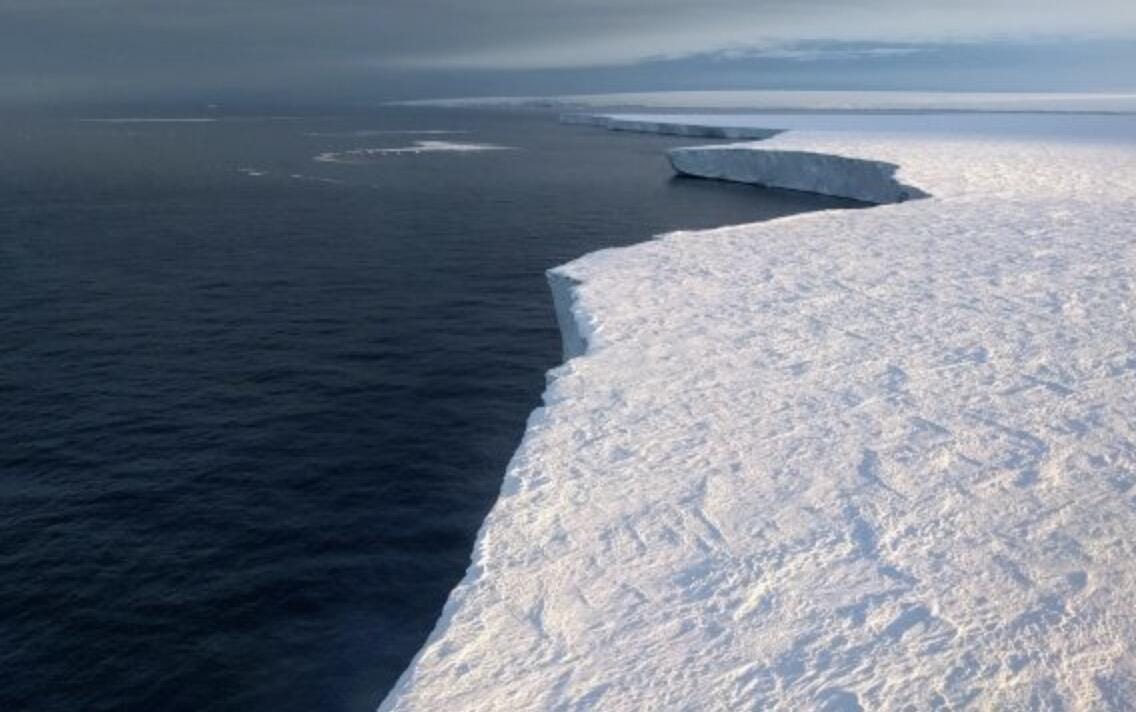Key Ocean Current Faltering, Raising Risk of "Ice Age"-Like Cooling
And just like that we're free from climate hysteria and worried about a new "ice age"... Funny how that works, isn't it?
This article originally appeared on ZeroHedge and was republished with permission.
Guest post by Tyler Durden
A new study in Communications Earth & Environment warns that a key Atlantic current could near collapse within decades, potentially triggering an “ice age” scenario and major sea-level rise, according to the NY Post.
The research, from the Chinese Academy of Sciences’ Institute of Oceanology and UC San Diego, focuses on the Atlantic Meridional Overturning Circulation (AMOC), the “conveyor belt of the ocean” that includes the Gulf Stream and helps keep Europe, the U.K., and the U.S. East Coast relatively mild.
The Post writes that the study argues that warming temperatures are melting the Greenland ice sheet, sending freshwater into the North Atlantic and slowing the AMOC. Researchers say they’ve detected a related “distinctive temperature fingerprint” several thousand feet below the surface.
#ad: Need a morning pick-me-up without the overpriced coffee?
Global Healing’s NAD+, powered by MicroSomal® Technology, delivers bio-identical NAD+ to restore energy, support metabolism, and boost focus at the cellular level.
By your 40s, NAD+ can drop by 50%—a decline linked to fatigue, brain fog, and metabolic slowdown.
Reignite your energy from within and stay sharp all day long with Global Healing’s NAD+.
Grab your bottle today and see how much more you can get done.
DISCLOSURE: This post contains affiliate links. If you make a purchase through Global Healing, we may earn a small commission at no extra cost to you.
“Here we identify a distinctive temperature fingerprint in the equatorial Atlantic that signals the Atlantic Meridional Overturning Circulation change,” they wrote, adding that its “robust physical mechanism and reliable detection make [this fingerprint] a valuable metric for AMOC monitoring in a warming climate.”
Using the MITgcm climate model and ocean data back to 1960, the team concludes the AMOC has been weakening since the late 20th century and could collapse before 2100. If that happened, Europe could face drastic cooling — possibly nearly 60 degrees — and drier conditions. As Jonathan Bamber told the Daily Mail, “Winters would be more typical of Arctic Canada and precipitation would decrease, also.”
Reuters notes the AMOC last collapsed before the Ice Age ended roughly 12,000 years ago.
Copyright 2025 ZeroHedge





